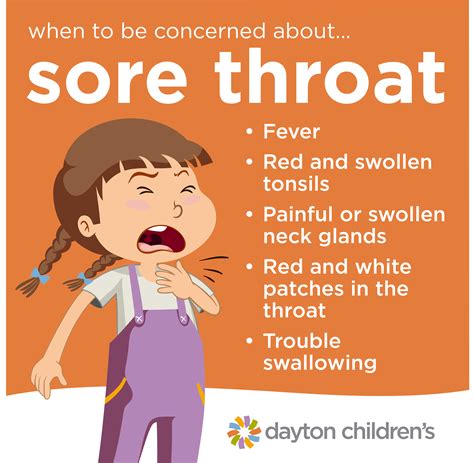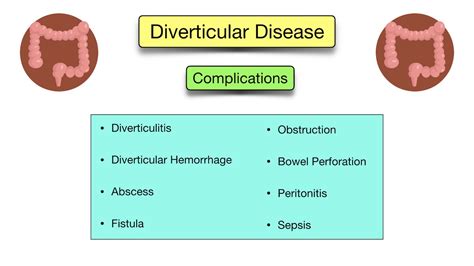Intro
Learn about high fever and sore throat causes, symptoms, and treatments. Discover remedies for relief from severe throat pain, fever reduction, and recovery from viral or bacterial infections.
Having a high fever and sore throat can be a miserable experience, affecting daily life and overall well-being. These symptoms often indicate an underlying infection, which can be caused by a variety of factors, including viral or bacterial pathogens. Understanding the causes, symptoms, and treatment options for high fever and sore throat is essential for effective management and prevention of potential complications. As we delve into the world of high fever and sore throat, it's crucial to recognize the importance of seeking medical attention when symptoms persist or worsen over time.
The combination of high fever and sore throat can be a sign of a range of illnesses, from common colds and flu to more serious conditions like strep throat or mononucleosis. In some cases, these symptoms may be accompanied by other signs such as headache, fatigue, and swollen lymph nodes, which can further complicate the diagnosis and treatment process. It's essential to consult a healthcare professional for an accurate diagnosis and guidance on the best course of treatment. By doing so, individuals can ensure they receive the necessary care to alleviate their symptoms, prevent the spread of infection, and reduce the risk of long-term health consequences.
The impact of high fever and sore throat on daily life should not be underestimated. Simple tasks, such as eating, drinking, and even speaking, can become challenging and painful experiences. Furthermore, the presence of a high fever can lead to dehydration, which, if left untreated, can exacerbate the condition and lead to more severe health issues. Therefore, it's vital to address these symptoms promptly and effectively, using a combination of home remedies, over-the-counter medications, and professional medical care when necessary. By taking a proactive approach to managing high fever and sore throat, individuals can minimize their discomfort, reduce the risk of complications, and accelerate their recovery.
Understanding High Fever

Causes of High Fever
The causes of high fever are diverse and can be categorized into several groups, including: * Infections: Bacterial, viral, or fungal infections can all cause high fever, depending on the type and severity of the infection. * Inflammation: Conditions that cause inflammation, such as arthritis or appendicitis, can also lead to high fever. * Autoimmune disorders: Certain autoimmune disorders, such as lupus or rheumatoid arthritis, can cause high fever as the body's immune system mistakenly attacks healthy tissues. * Medications: Some medications, including antibiotics and vaccinations, can cause high fever as a side effect.Understanding Sore Throat

Causes of Sore Throat
The causes of sore throat are diverse and can be categorized into several groups, including: * Viral infections: Common colds, flu, and mononucleosis can all cause sore throat. * Bacterial infections: Strep throat and other bacterial infections can cause sore throat, often accompanied by a fever and swollen lymph nodes. * Allergies: Seasonal allergies or sensitivities to certain substances can cause sore throat. * Environmental irritants: Exposure to pollution, smoke, or other environmental irritants can cause sore throat.Treatment Options for High Fever and Sore Throat

Home Remedies for High Fever and Sore Throat
Some home remedies that can help alleviate symptoms of high fever and sore throat include: * Staying hydrated by drinking plenty of fluids, such as water, tea, or soup. * Resting and avoiding strenuous activities to help the body recover. * Using a humidifier to add moisture to the air and soothe a sore throat. * Gargling with salt water to reduce inflammation and kill bacteria. * Taking over-the-counter medications, such as acetaminophen or ibuprofen, to reduce fever and alleviate pain.Prevention of High Fever and Sore Throat

Ways to Prevent High Fever and Sore Throat
Some ways to prevent high fever and sore throat include: * Practicing good hygiene, such as washing hands regularly and avoiding close contact with individuals who are sick. * Getting vaccinated against common illnesses, such as the flu, to reduce the risk of infection. * Avoiding sharing utensils, glasses, or other personal items to prevent the spread of infection. * Staying hydrated and getting enough rest to support the immune system. * Avoiding smoking and exposure to secondhand smoke, which can irritate the throat and increase the risk of infection.Complications of High Fever and Sore Throat

Potential Complications of High Fever and Sore Throat
Some potential complications of high fever and sore throat include: * Dehydration: Failure to stay hydrated can lead to dehydration, which can exacerbate symptoms and increase the risk of complications. * Ear infections: Bacteria from the throat can spread to the ears, causing infections and potentially leading to hearing loss or other complications. * Abscesses: In rare cases, high fever and sore throat can lead to the formation of abscesses, which are pockets of pus that require medical attention. * Seizures: High fever can, in rare cases, lead to seizures, especially in young children or individuals with a history of seizure disorders.What are the most common causes of high fever and sore throat?
+The most common causes of high fever and sore throat include viral and bacterial infections, such as the common cold, flu, and strep throat.
How can I alleviate symptoms of high fever and sore throat at home?
+To alleviate symptoms of high fever and sore throat at home, try staying hydrated, resting, using a humidifier, gargling with salt water, and taking over-the-counter medications as directed.
When should I seek medical attention for high fever and sore throat?
+Seek medical attention if symptoms persist, worsen over time, or are accompanied by other concerning signs, such as difficulty breathing, chest pain, or severe headache.
As we conclude our exploration of high fever and sore throat, it's essential to remember that these symptoms can be a sign of an underlying infection or condition that requires medical attention. By understanding the causes, symptoms, and treatment options for high fever and sore throat, individuals can take proactive steps to manage their symptoms, prevent complications, and support their overall health and well-being. If you or someone you know is experiencing high fever and sore throat, don't hesitate to reach out to a healthcare professional for guidance and support. Share this article with others to help raise awareness about the importance of addressing these symptoms and taking care of one's health. Together, we can promote a culture of wellness and resilience, empowering individuals to take control of their health and thrive in the face of challenges.
